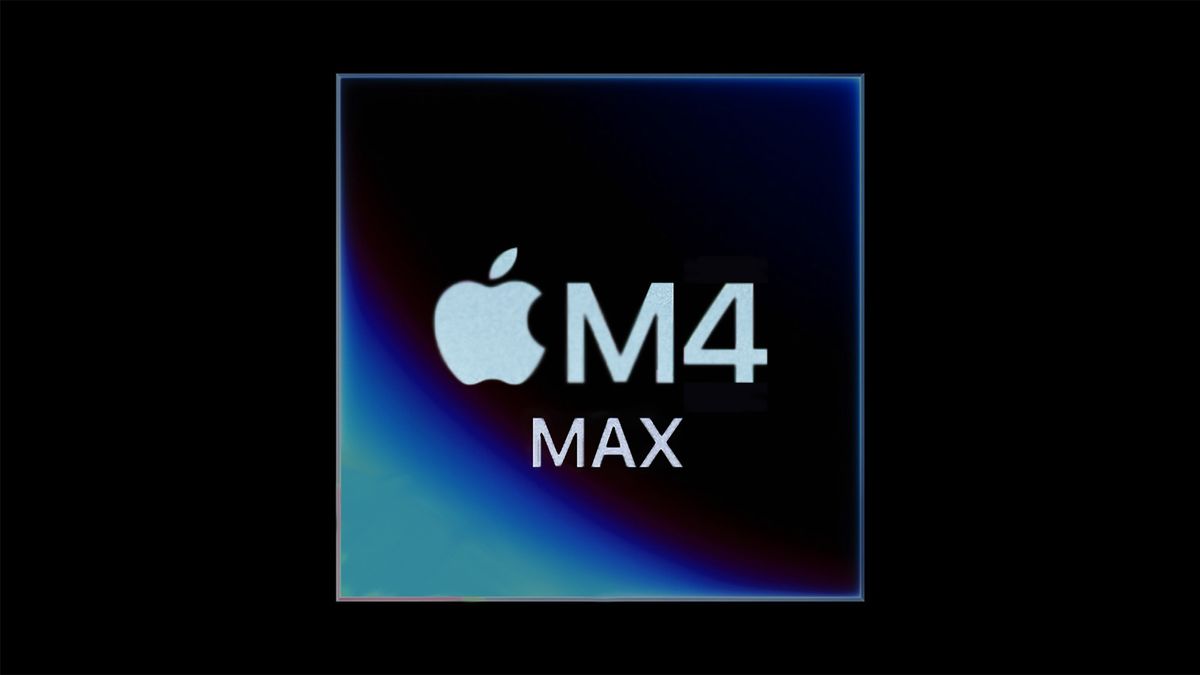Elon Musk has been campaigning hard for Donald Trump, in an effort to get his fellow billionaire re-elected President. A big part of Musk’s political strategy thus far has been to rile up conservative voter blocs with rightwing, anti-Democrat conspiracy theories and misinformation. During a campaign event in the pivotal swing state of Pennsylvania, Musk recently gestured at a well-known (and, as some former Trump compatriots have discovered, highly libelous) conspiracy theory: that the use of voting machines sold by Dominion Voting Systems is, somehow, a questionable idea.
Apparently not deterred by the fact that the last people who accused the electioneering company of wrongdoing found themselves in a years-long litigation battle that ended in a $787 million payout, Musk waded cautiously into dangerous rhetorical waters during a town hall-style event in Folsom, Pennsylvania on Thursday. When asked by an audience member about the issue of voter fraud, Musk took a brief detour into his favorite place: conspiracy-land.
“When you have mail-in ballots and no proof of citizenship, it’s almost impossible to prove cheating,” Musk said, in response to the audience member’s question. He then added: “Statistically there are some very strange things that happen that are statistically incredibly unlikely. There’s always this question of, say, the Dominion voting machines. It is weird that, I think, they were used in Philadelphia and in Maricopa County [in Arizona] but not in a lot of other places. Doesn’t that seem like a heck of a coincidence?”
Careful, Elon, careful. I think your life’s already complicated enough without yet another titanic legal battle on your hands.
Musk has used his recently purchased web platform, X (formerly Twitter), to push absurd rightwing conspiracy theories, many of which have linked the Democrats to plots to use illegal immigrants to commit mass voter fraud. In general, Musk has seemed pretty undiscerning with the kinds of claims he makes (he recently claimed, for instance, that, instead of helping hurricane Helene victims, FEMA had “used up its budget ferrying illegals into the country,” a fictional act that Musk dubbed “Treason” ). That said, the billionaire also appears to have learned that when it comes to Dominion Voting Systems, it’s better to err on the side of ambiguity rather than make any statements that could get yourself sued into oblivion. Saying that the use of Dominion voting machines is “weird” isn’t exactly what Rudy Giuliani said.
When reached for comment by Gizmodo, a Dominion Voting Systems spokesperson provided the following response to Musk’s comments: “Fact: Dominion does not serve Philadelphia County. Fact: Dominion’s voting systems are already based on voter verified paper ballots. Fact: Hand counts and audits of such paper ballots have repeatedly proven that Dominion machines produce accurate results. These are not matters of opinion. They are verifiable facts.”
Gizmodo reached out to Musk via Tesla for clarification on his comments. We will update this story if he responds.
Musk has involved himself in the U.S. electoral process in a fashion that is basically unprecedented in modern history. The tech billionaire is credited with running Trump’s ground game in major swing states, and has leveraged tens of millions of dollars to do so. He has poured money into a variety of different pro-Trump groups, the likes of which have resorted to increasingly unconventional campaign strategies to generate voters.
On Friday, for instance, news broke that a Musk-linked PAC was micro-targeting Muslim and Jewish voters in Michigan and Pennsylvania with contradictory political ads (the ads targeting the Muslim voters allegedly claimed Harris was close with Israel, while the ads targeting Jewish voters claimed she was anti-Semitic). Another Musk-funded group reportedly created what has been dubbed a “fake pro-Harris” campaign website which highlights “disproven and misleading claims about Harris’ positions.” On top of all of this, Musk has recently resorted to paying voters to sign political petitions, in a practice that has election law experts raising their eyebrows.




:quality(85):upscale()/2024/10/29/625/n/1922564/ec222ac66720ea653c5af3.84880814_.jpg)
:quality(85):upscale()/2021/07/06/971/n/1922153/7d765d9b60e4d6de38e888.19462749_.png)
:quality(85):upscale()/2024/10/29/957/n/1922441/c62aba6367215ab0493352.74567072_.jpg)

:quality(85):upscale()/2024/10/29/987/n/49351082/3e0e51c1672164bfe300c1.01385001_.jpg)
 English (US) ·
English (US) ·